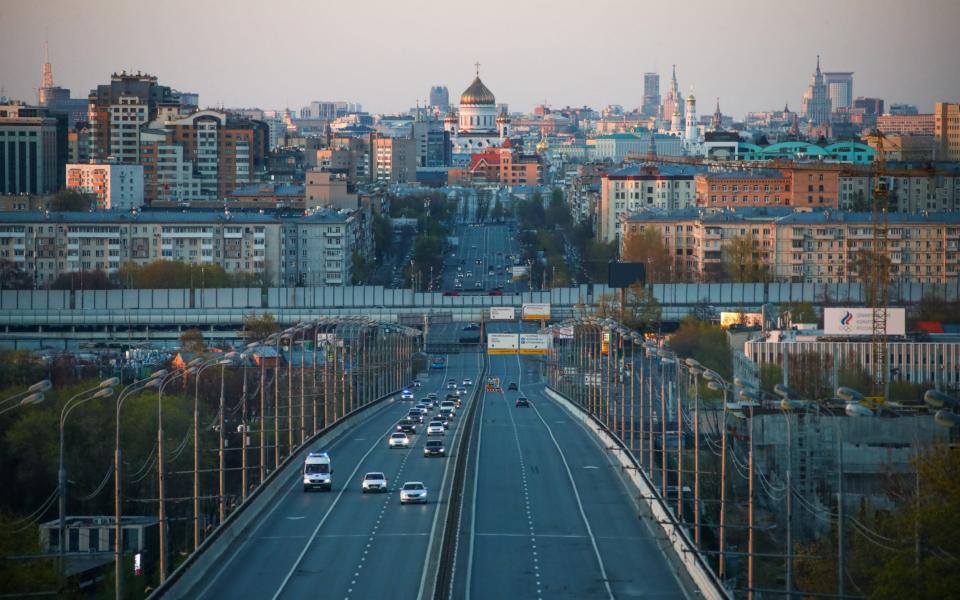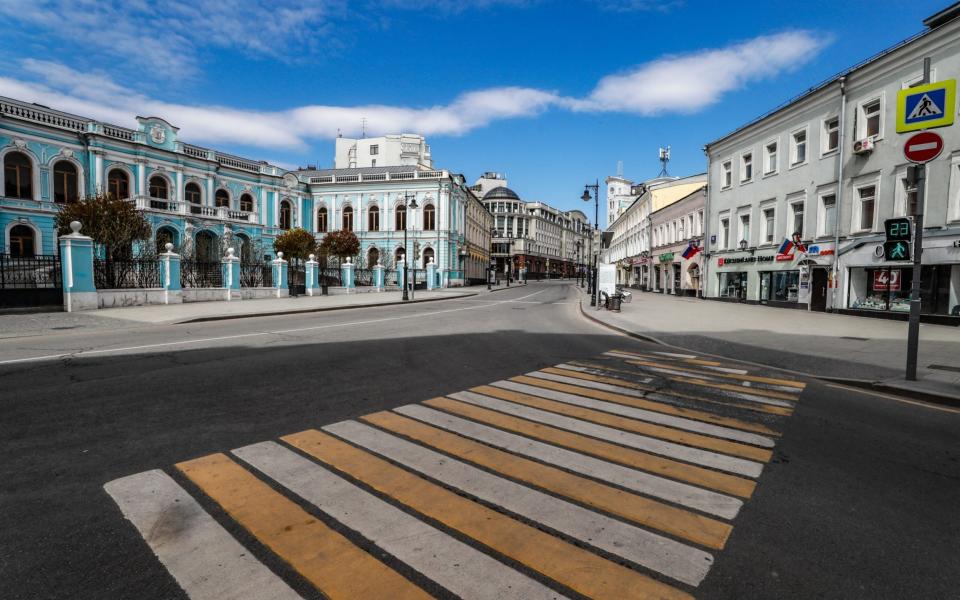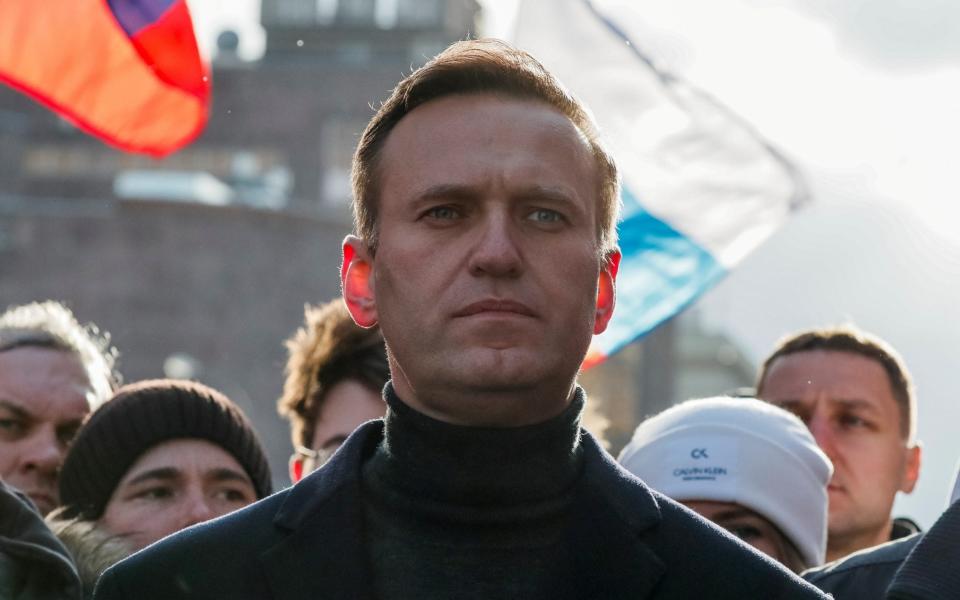Coronavirus knocks Putin's popularity in Russia

Russia on Sunday reported a record daily rise in coronavirus infections, as the handling of the outbreak begins to weigh down President Vladimir Putin’s popularity.
According to the government's daily update, 10,633 new infections were reported in the 24 hours to Sunday, bringing the country's total to more than 134,000.
As some European countries start to gradually lift restrictions, Russia is now the European country registering the most new infections each day. Residents in Moscow - the epicentre of the contagion - are being urged to stay home despite glorious weather.
But the economic fallout from a five-week lockdown, combined with record-low prices for oil - the backbone of the national economy - is taking its toll, and frustration with Mr Putin's response is mounting.

“What the president says on television is empty words… We’re asked to stay at home but there’s no help from the government," said Russian footballer Yevgeny Frolov in a recent interview - comments that landed him in trouble with his team.
The Russian leader chose to distance himself from the outbreak response early on, unwilling to be associated with bad news, and left it up to regional leaders to figure out how to handle the emergency.
As the country shut its borders and imposed a lockdown, Russians looked at Europe where governments were handing out payouts and subsidies for their citizens, but never saw Russian officials match that.
The government did announce some measures of support such as interest-free loans and tax breaks but they are widely perceived as insufficient, and Mr Putin’s weekly speeches on television are viewed with increasing annoyance.
His approval ratings have remained stable but his trust ratings, which are typically more forward-looking, have been in decline for some time: only 46 percent of those surveyed by the independent pollster Levada Centre in March would like to see Mr Putin in power when his current term expires in 2024, compared to 54 percent last June.

Russia’s biggest city with a budget rivaling that of Paris or Berlin, Moscow has managed the outbreak with lockdown restrictions, widespread testing, and millions of pounds worth of new hospital beds and medical equipment.
But the rest of the country, which lags far behind on living standards, is at risk of being overwhelmed. Doctors across Russia have clamoured for help in recent weeks, complaining about under-funded and under-equipped hospitals, which often lack basic necessities.
In one of the most recent appeals, dozens of desperate health care workers in the city of Ufa, some 700 miles east of Moscow, recorded a video urging top officials to investigate what they described as a cover-up of the Covid-19 outbreak at a hospital there.
Recent opinion polls show that Russians are divided almost exactly in half in their views on the efficiency of the state response.

“That’s a pretty favourable result for the government,” Moscow-based political analyst Masha Lipman told The Telegraph. “The most important thing for authorities right now is to make sure that society doesn’t rally around the shared discontent."
But "a lot will depend on how soon Russia will emerge from the lockdown and how quick the recovery will be,” said Denis Volkov, deputy director at the Levada pollster.
A petition from opposition leader Alexei Navalny urging the Kremlin to extend emergency payouts to Russians and scrap all taxes for small businesses has already attracted more than half a million signatures.
When coronavirus began to spread, Russia was about to hold a vote on constitutional amendments allowing President Putin to stay in power until at least 2036. Political commentators earlier this month mentioned the unthinkable: scrapping the vote for Putin’s amendments altogether.
Although most still expect it to go ahead, the Kremlin will have a hard time convincing Russians - battered by what many expect to be the country’s worst economic crisis since the collapse of the Soviet Union - to come out to vote.
“People don’t care about this at all right now: what they worry about is their economic future,” said Ms Lipman.

